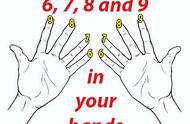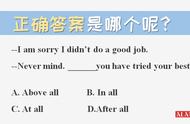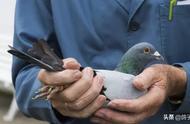all
第一种用法:在短语中的用法
1. in all 总之,总言之
In all,this is an interesting book. 总之,这是一本很有趣的书。
2. after all 位于句首时,意思是 毕竟;别忘了。用以提醒或强化被忽略的事实或现象,作为说服对方的理由;位于句尾时候,意思 为终究,终归,到底表示转折之意。
He is sure to come. After all,he already accepted the invitation. 他一定来,毕竟,他已经接受邀请了。
Don't quarrel with him,and he is a child after all.
别和他争吵,他终究是个孩子。
3. at all常用于否定句中,表示根本(不),一点也(不)。也可以用于肯定句中,疑问句中或条件句中,表示竟然,到底,真的。
Are not you at all worried about the forecast ?你对这预报真的不担心吗?
It was a wonder that he came back to his life at all. 这真是个奇迹,他竟然又活过来看了。
4. above all 意思尤其是,最重要的是,常用来强调诸多事情中最重要的。
We must work hard,and above all we must believe in ourselves. 我们应该努力工作,最重要的是我们必须相信自己。
5. first of all 意思是 首先,强调要说的或要做我的事情的顺序。
We will learn Unit 15 today. First of all,let's have a dictation. dictation [dik'teiʃən] n. 听写
第二种用法:在定语从句中的用法
只能用关系代词that引导定语从句的的几种用法,在下列词后定语从句中用that:all,every(thing),some(thing),any(thing),none,little,few,much,only,the very等。
This is the very book that I have been looking for. 这正是我在寻找的书。
第三种用法:在主谓一致中的用法
All单独用作主语代替人用复数谓语,代替物时用单数谓语。
“All____ present and all____ going on well,” our monitor said.
A.is;is B. are;are
C. are;is D. is;are
答案是C

all的用法
,












